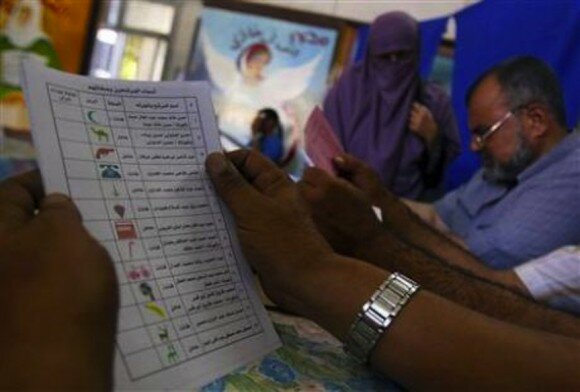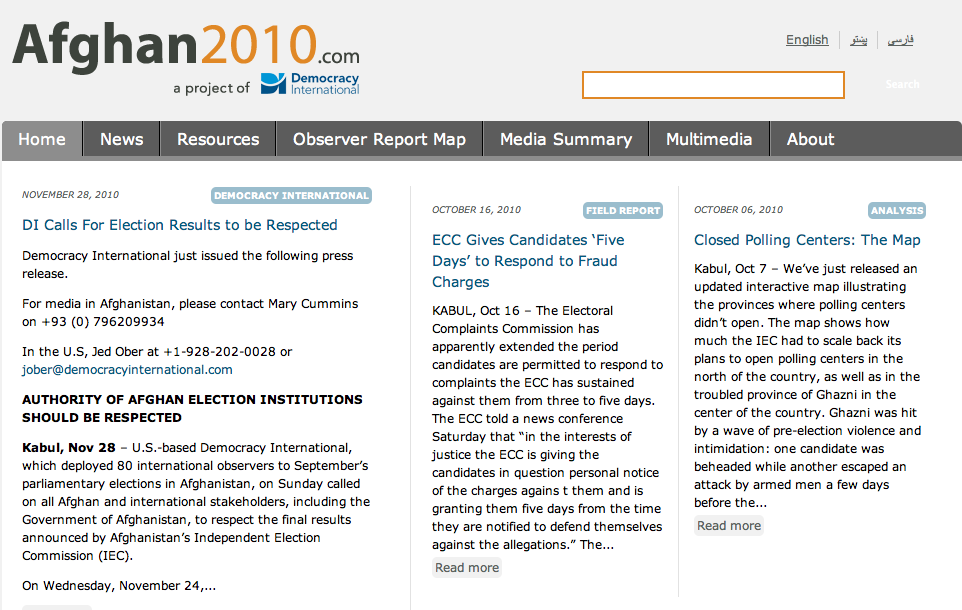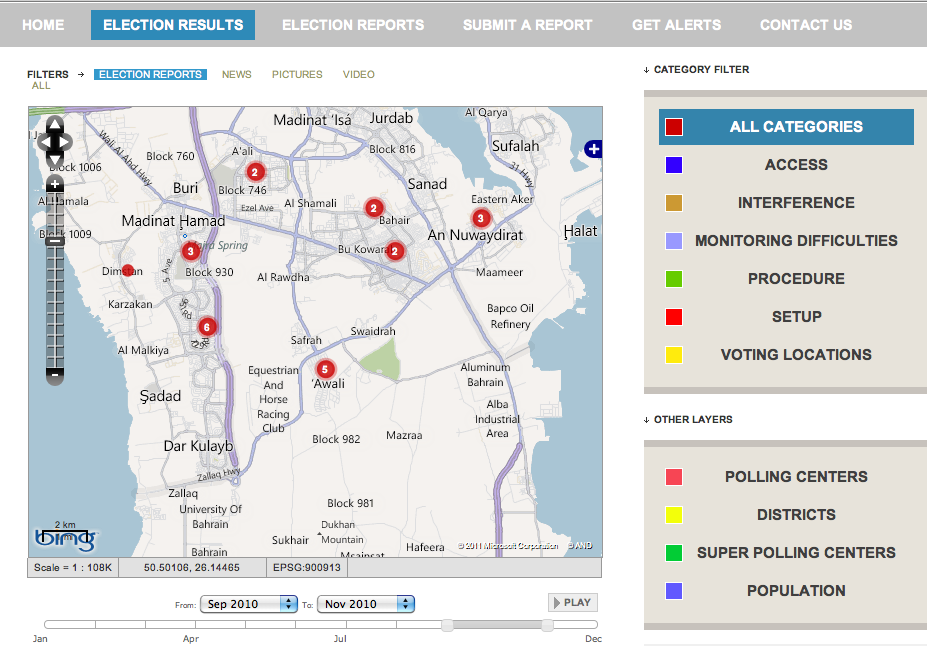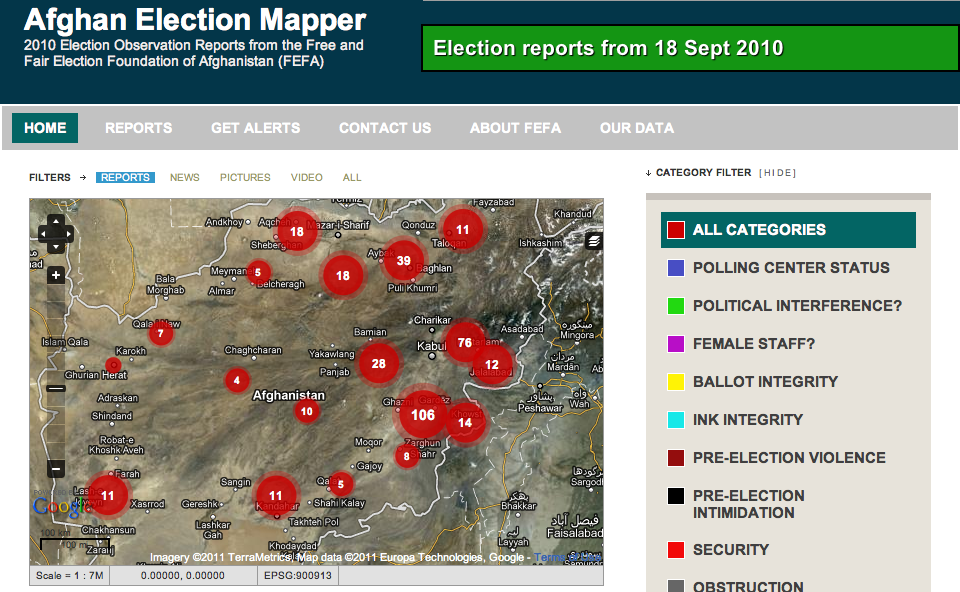
Egypt 2011: How To Ensure Free And Fair Elections?
Yesterday in this space we discussed the upcoming elections in Egypt, and the need for international observers to work alongside local organizations to ensure the fairness and accuracy of the polls. International and local observers working together would allow reports of fraud, intimidation, and other improprieties to be more easily verified, increasing the legitimacy of the observation mission.
But what if Egypt’s military continues with its ban on foreign observers, and the burden of monitoring these critical and momentous elections is placed entirely on Egyptian citizens? What are some of the ways the observation mission can be empowered and bolstered without the presence of international monitors?
- Capacity Building – While foreigners are banned from working on the ground, they can still provide training and equipment to local observers inside Egypt. It is important these capacity building missions remain disinterested toward political actors and election results in order to protect the safety of locals and the credibility of the observation mission.
- Tech Support – There are a variety of tools available for acquiring, publishing and distributing election observation data, such as mapping incidents or collecting mobile reports from citizens. Those outside Egypt can work to ensure that these tools are deployed and maintained in a way that is both accessible and intuitive to Egyptian monitors working on the ground.
- Media Focus – International news agencies can target their coverage on Egypt’s elections with a special focus on the legitimacy of the polling process. Foreign press can downplay unhelpful reporting and commentary, such as Western hand-wringing over religious parties or overemphases on the role and agency of foreign powers, while focusing instead on providing meaningful context to international viewers. What are the stakes of this election? Who are the political players, and what policies are to be decided? Answering these and other questions will allow the international audience to truly understand – and respond accordingly to – Egypt’s election.
-
Citizen Media – Citizens on the ground, using mobile phones, digital cameras, laptops, and all manner of multimedia tools, can harness the power of the press for themselves in order to document the election process. This allows not only local civil society and monitoring organizations but individual citizens themselves to publish their findings and tell their own story to the world without relying on mainstream institutions. Citizen media is flexible enough to operate in particularly dangerous (or plainly unwelcoming) environments, such as a repressive police state. And yet, provided with the right skill sets, it is still high quality enough to deliver substantive journalism with the timeliness and impact required for monitoring this critical election.
- Education – Egyptian citizens must be educated on the specifics of the election process, including not only procedure (How do you register? Where is your polling station?) but also the issues at stake (Who are the candidates? What is their platform?) and the obligations of individuals and the government (What are your rights? How do you spot illegal campaigning or fraud?). This education can be done in a variety of ways, from using traditional social networks, such as family, classmates, and religious communities, to tapping digital social networking like Facebook and Twitter. As witnessed during the anti-Mubarak uprisings earlier this year, Egypt’s communities are more than capable of disseminating information and coordinating activities amongst the population. This power can be harnessed again to ensure a fully equipped and informed electorate on voting day.
There are several examples of where election monitoring can be conducted in less than ideal circumstances, be it in police states with no access to foreign observers or in conflict zones with very little infrastructure and media access. Here are a few:
Afghan2010

Map Muraqeb

FEFA 2010

Monitoring elections is an incredibly complex and difficult task, particularly in this case with the crucial and unprecedented post-revolutionary elections in Egypt.
What are some of the other ways both the international community and Egyptian citizens can work to ensure a free and fair election? We will continue to monitor this story closely, and your suggestions, comments, and solutions are welcomed.
//Photo by Bikyamasr.com
Blog, Egypt, Featured, Frontpage
Leave a Reply




[…] democratic elections through citizen observation, from Lebanon to Afghanistan, and as Josh Mull mentioned earlier this week, they already have some […]